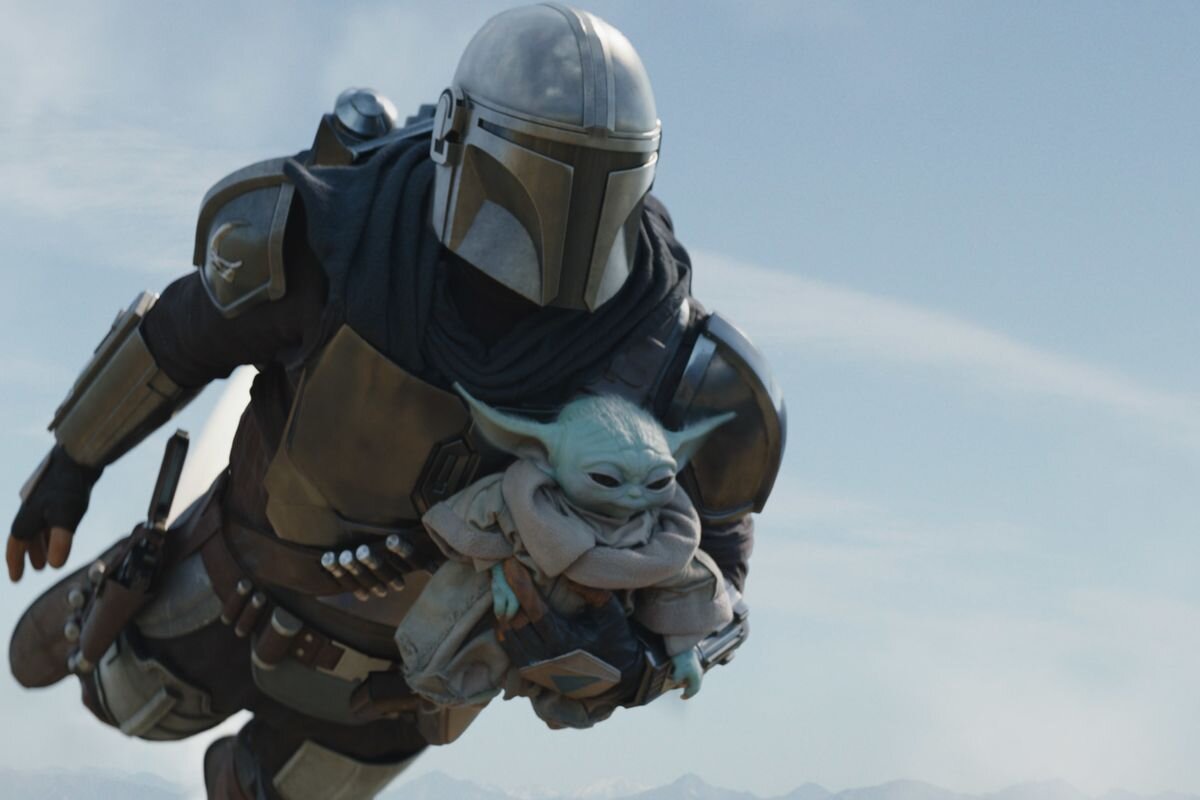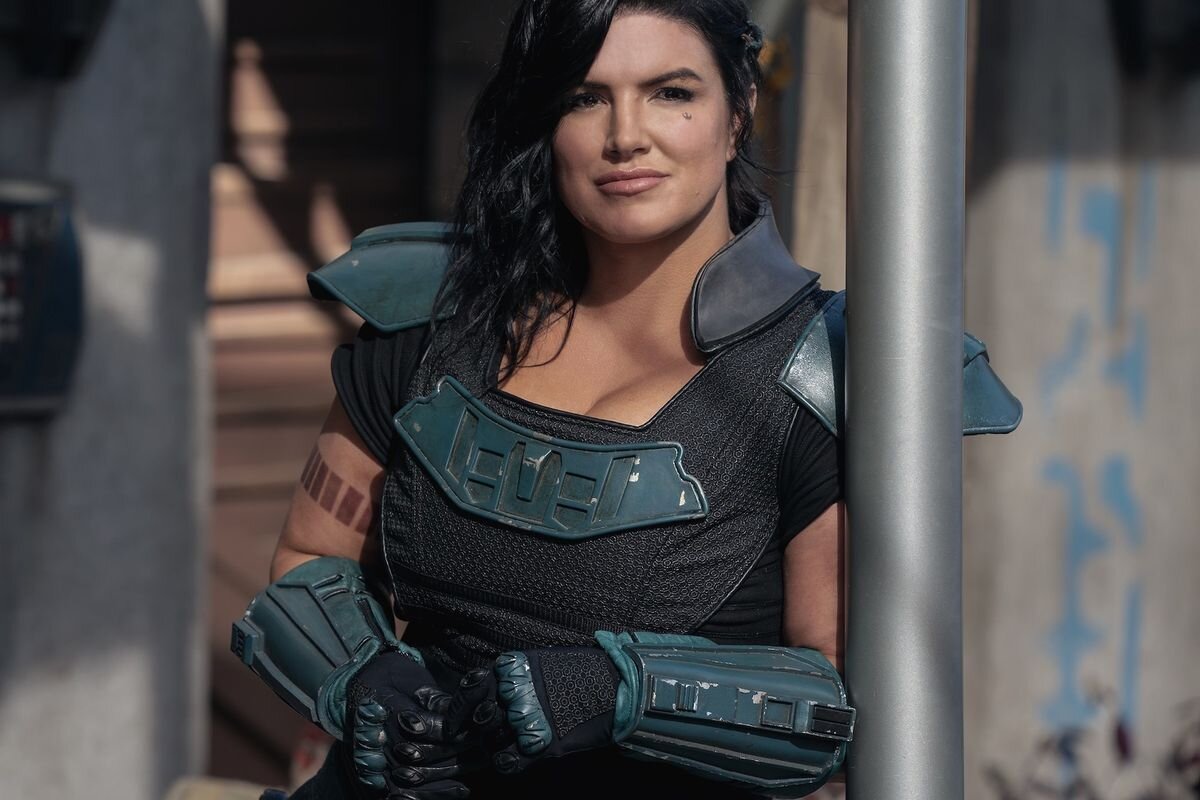Considering Marvel is a subsidiary of Disney at this moment, I'm not understanding why they couldn't just go across the hall and bring some of those guys from the various Captain America films and have them do some of the stunt choreography for this show. The fight scenes just never connected with me. A lot of this is due to the fact that the actors felt like they were counting out, and as a consequence the fights felt too much like dances rather than actual fights. The movement, and the ideas just felt very okay. Again we're living in a world where we saw some extremely fantastic scenes, not only on film, but even on Marvel TV shows like The Punisher or especially Daredevil, ( God knows I haven't forgot those hallways or stairwell scenes) even outside of that you have something like Game of Thrones where Brienne vs. The Hound counted as maybe one of the greatest fights to ever be seen on television. For me fight scenes can be about several elements, making either a mix of all of these elements or focusing on one. There is story, there is style, obstacles, and degree of difficulty. Watch the opening to “Captain America: Civil War”, pay special attention to Cap a man with pretty much just a shield, finds all these interesting ways to use it, and strategize taking away or down opponents. He pulls a man’s gas mask down in the room full of gas as a deterrent from physical violence, (which demonstrates personality and story) he throws the shield, ricocheting it off several objects to stun an opponent then runs up and kicks him, (Obstacle) and then there’s him using Wanda as a trampoline, (Style) and this goes for all the characters, take all the interesting thing they do with Falcons wings. I have a lot of issues with the Marvel films overall, but their choreography is not one of them. It never ceases to amaze me how through nearly double-digit films as it concerns Captain America they have continued to find unique and interesting ways to use this man's one weapon, as compared to the Mandalorian who has several and can seem to find nothing particularly fun or eyebrow raising or titillating to do with any of them. I dont know whether it’s a lack of will or know how, but in a show that seem to want to plant itself in and around action it’s a rather large let-down.


